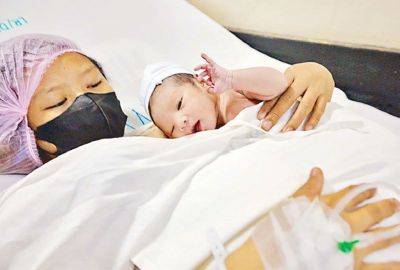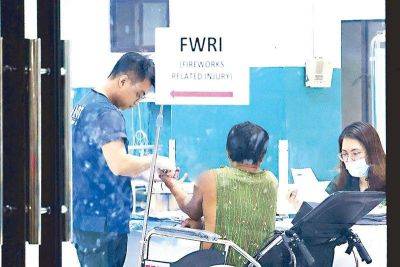The 75th year of Korean-Philippine relations
Whenever guests from Korea visit the Philippines, I make it a point to take them to Romulo Café, a local establishment named after the eminent Filipino statesman and diplomat Carlos P. Romulo. The place not only offers a taste of Filipino delicacies but also serves as a poignant reminder, in my view, of the ties between Korea and the Philippines. I believe our countries were destined to develop this kind of kinship. Karma – a term frequently emphasized by revered monks in predominantly Buddhist Myanmar, where I once served as Korean Ambassador – has intricately woven a connection between our two nations, bridging our past, present and undoubtedly our future.
As a former Deputy Minister for Public Diplomacy in Seoul, I think Romulo Café could well be a cozy setting for public diplomacy. Its essence lies in fostering closer ties and facilitating a deeper mutual understanding between us. Some of Gen. Romulo’s famous lines are proudly displayed on the walls of the café. I especially appreciate what he said about freedom: “I am a Filipino born to freedom, and I shall not rest until freedom shall have been added unto my inheritance.”
The roots of our time-honored friendship go back to March 3, 1949, when the Philippines became one of the first countries to recognize Korea’s sovereignty and establish diplomatic relations. As a fledgling nation, such acknowledgment meant a lot to Korea. The following year witnessed the gallantry of over 7,000 Filipino soldiers who fought arm in arm and shoulder to shoulder with Korean troops during the devastating Korean War.
Yet, our special bond during Korea’s nation-building extends beyond common knowledge. The Philippines played a pivotal role in the UN Temporary Commission on Korea (UNTCOK) during South Korea’s formative years. Founded by the United Nations, the organization was tasked to solve daunting issues such as the elections in Korea, the formation of the National Assembly and the establishment of a government. Due to the refusal of the former Soviet Union, entry to the northern part of the 38th north latitude was denied. UNTCOK monitored the May 10 Constitutional Assembly elections in 1948, which led to the adoption of the







